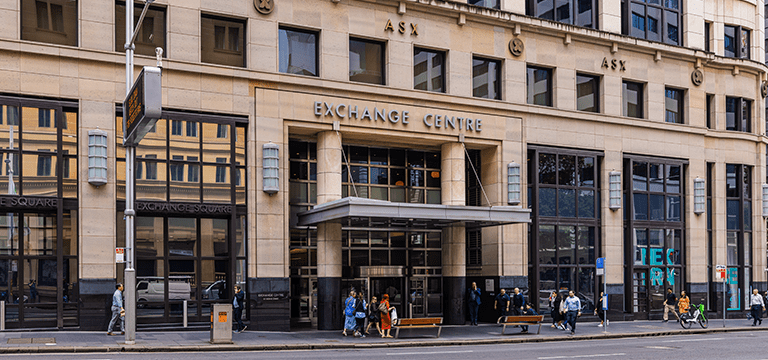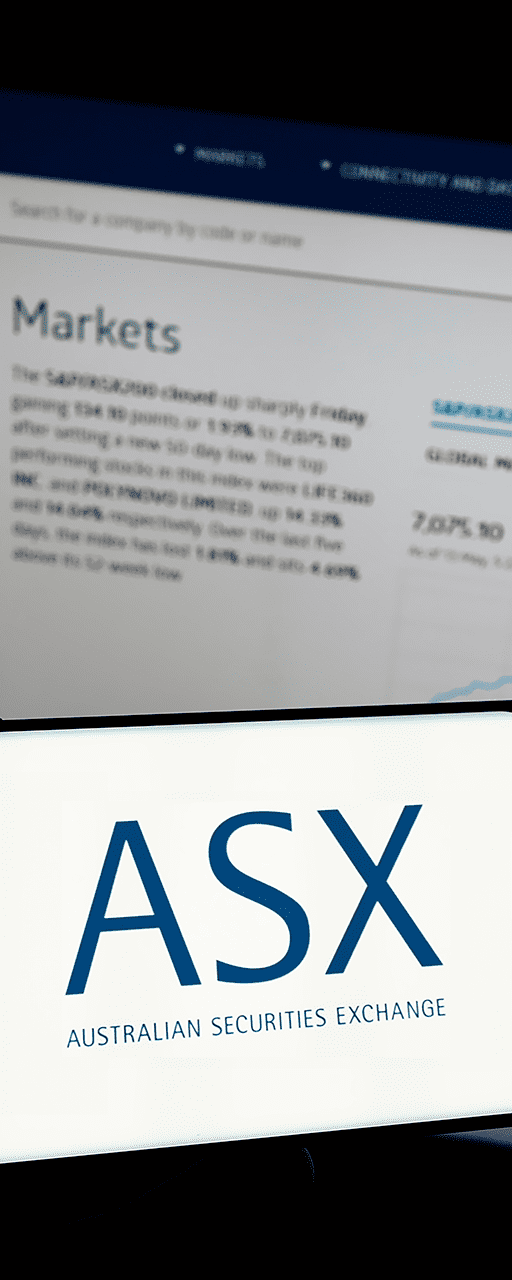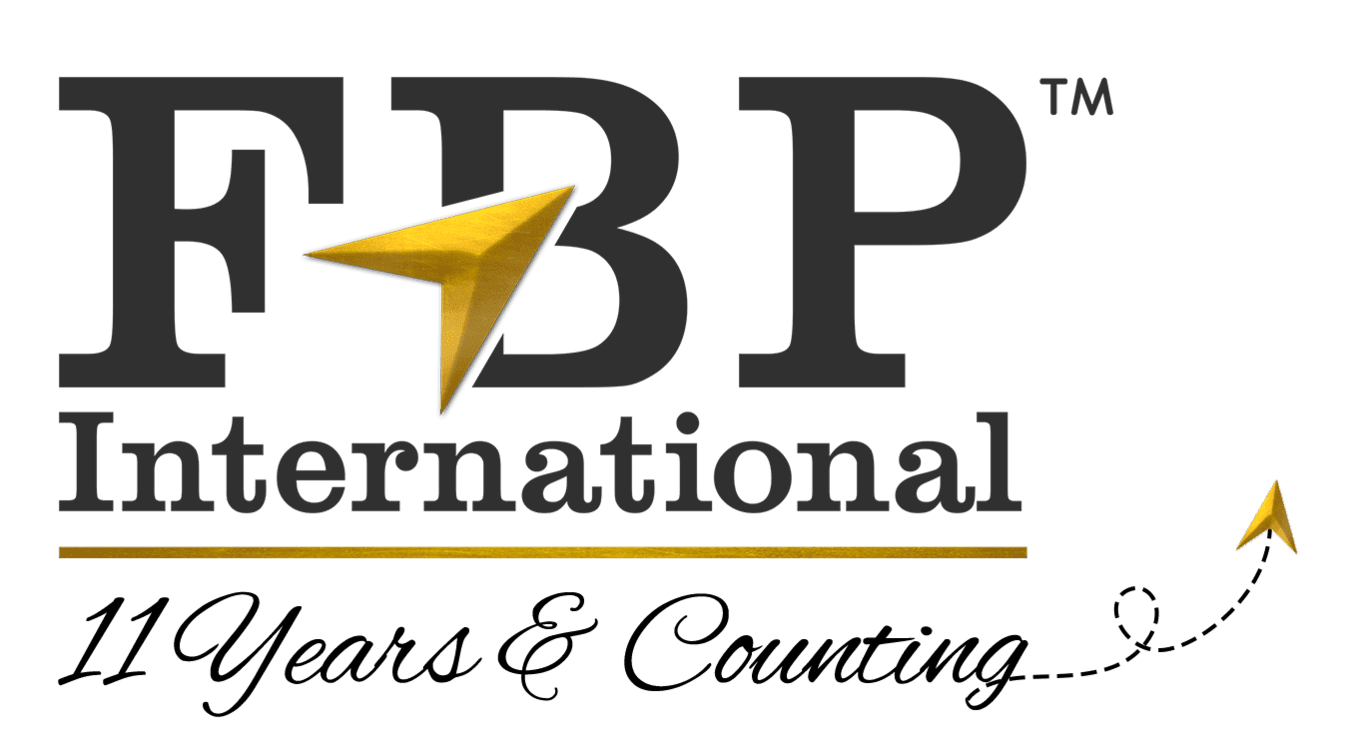

Business in Australia


Australian Security Exchange (ASX)
Based in Sydney, Australia, the Australian Securities Exchange (ASX) is one of the top global financial market exchanges. The ASX offers various services as a fully operational securities exchange, including listings, trading, clearing, settlements, technical and informational services, and post-trade services. The ASX’s origin as a national exchange goes back to 1987. The Australian Stock Exchange and the Sydney Futures Exchange amalgamated in 2006. Today, the ASX is the 18th largest exchange in the world by market capitalisation and the 9th largest in Asia. It is administered and supervised by ASX Limited – a public company listed on ASX.
ASX Listing Rules
- Listing
- Quotation
- Reporting
- Disclosure
- Administration
- Market information
- Trading & Settlement
- General supervisory matters
- Other aspects of a listed entity’s conduct
- Safeguard listed entities’ interests.
- Maintain investor confidence through disclosure of material information.
- Regulate market operation.
The listing process on the ASX can be lengthy, costly, and complex, requiring careful planning, project management, and several professional advisors.
ASX Admission Categories
An entity may apply for listing on the ASX under three categories, namely:
- General Admission: The General Admission category is available for both Australian-incorporated companies and foreign companies.
- Foreign Exempt: Foreign businesses already listed on an exchange abroad and approved by the ASX are eligible for this category. Most of the leading exchanges in Europe, Asia, and the United States are acceptable to the ASX. This category is only available as a practical matter to very large entities with net tangible assets or a market capitalisation of AUD2 billion or operating profit before income tax for each of the past three years of at least AUD200 million.
- Debt Issuer: Any entity seeking admission under this category will only list its debt securities for trading.
Most entities usually apply for listing under the General Admission category.
Requirements for General Admission
The following conditions must be met to the satisfaction of the ASX for any Australian company or foreign company to be admitted to the official list:
- Profit or asset test: Businesses that want to apply for general admission must pass either the “profit test” or the “asset test.”
- Satisfactory shareholders spread: A satisfactory spread of security holders is necessary to ensure sufficient liquidity in the market for trading in the entity’s securities.
- Prospectus/information memorandum issued: The issuance of a prospectus is required for every firm intending to raise funds by listing on ASX.
- Restricted Securities: For a maximum of two years following the listing, the ASX can prohibit the transfer of securities, commonly referred to as escrow, issued before the listing.

